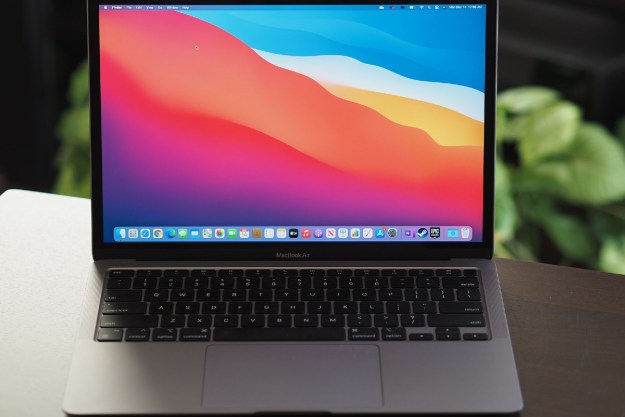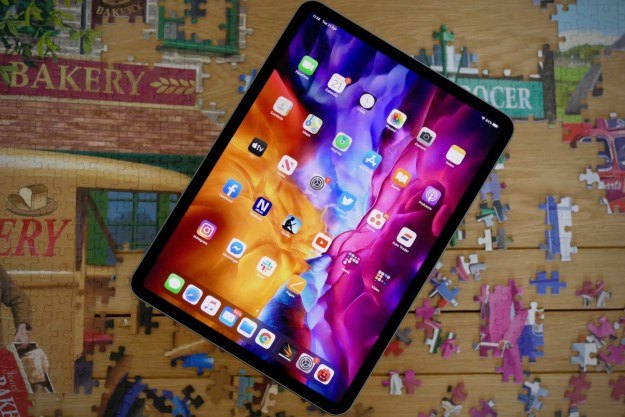
It may not be a sign of the coming apocalypse, but it does mark a watershed moment in the development of the Internet: the Internet Assigned Numbers Authority (IANA) is on the verge of handling out the last unallocated addresses in the Internet’s IPv4 address space. The IANA is currently down to five unallocated “Class A” blocks of 16 million addresses each; under IANA and ICANN rules, those blocks will now be allocated (one each) to the five Regional Internet Registries (RIRs)—the African Network Information Center, the American Registry for Internet Numbers, the Asia-Pacific Network Information Centre, the Latin America and Caribbean Network Information Centre, and RIPE NCC (Réseaux IP Européens Network Coordination Centre). This means there are effectively no more unassigned Internet addresses available for ISPs and others to expand the number of machines they have connected to the Internet.
The IANA and ICANN expect to have a ceremony formally handing over the last five Class A blocks (known as “/8s”) in March.
When the Internet was originally developed back in the 1970s, its designers created an address space that could handle a then-inconceivably large number of machines: about 4.3 billion. Portions of that address space have been handed out basically on a first-come-first-serve basis since the Internet got underway; however, the explosive growth of the Internet in the last two decades has also generated enormous demands for address space—and very soon, there will be no more room left to grow.
That the entire IPv4 address space has been allocated does not mean that there are 4.3 billion devices connected to the Internet: a significant minority of those addresses are used purely for management purposes, and a large number of them are unused at any given time: they may be administered by a corporation, government, or other authority, but aren’t actually connected to a device.
The IPv4 address system is set to be replaced by the more-complicated IPv6 addressing technology. Although a good deal of networking gear and operating systems already support IPv6, the technology’s rollout so far has been quite slow, with large organizations hesitant to adopt the technology, sometimes for fear of leaving their networks exposed to new forms of attack via some of IPv6’s less-understood features. IPv6 technology is being deployed in things like consumer Wi-Fi base stations, and ISPs are gradually adopting IPv6 technology on their networks and tunneling IPv6 traffic through IPv4 networks. However, there’s unlikely to be a universal “changeover day” where all systems will convert to IPv6: the transition will likely take users…meaning years of technological issues and user confusion.
[Update 01-Feb-2011: Looks like the NRO, ICANN, Internet Architecture Board, and others will be hosting a press event and ceremony in Miami February 3 to note the final allocation of IPv4 address space. The NRO plans to webcast the event.]


